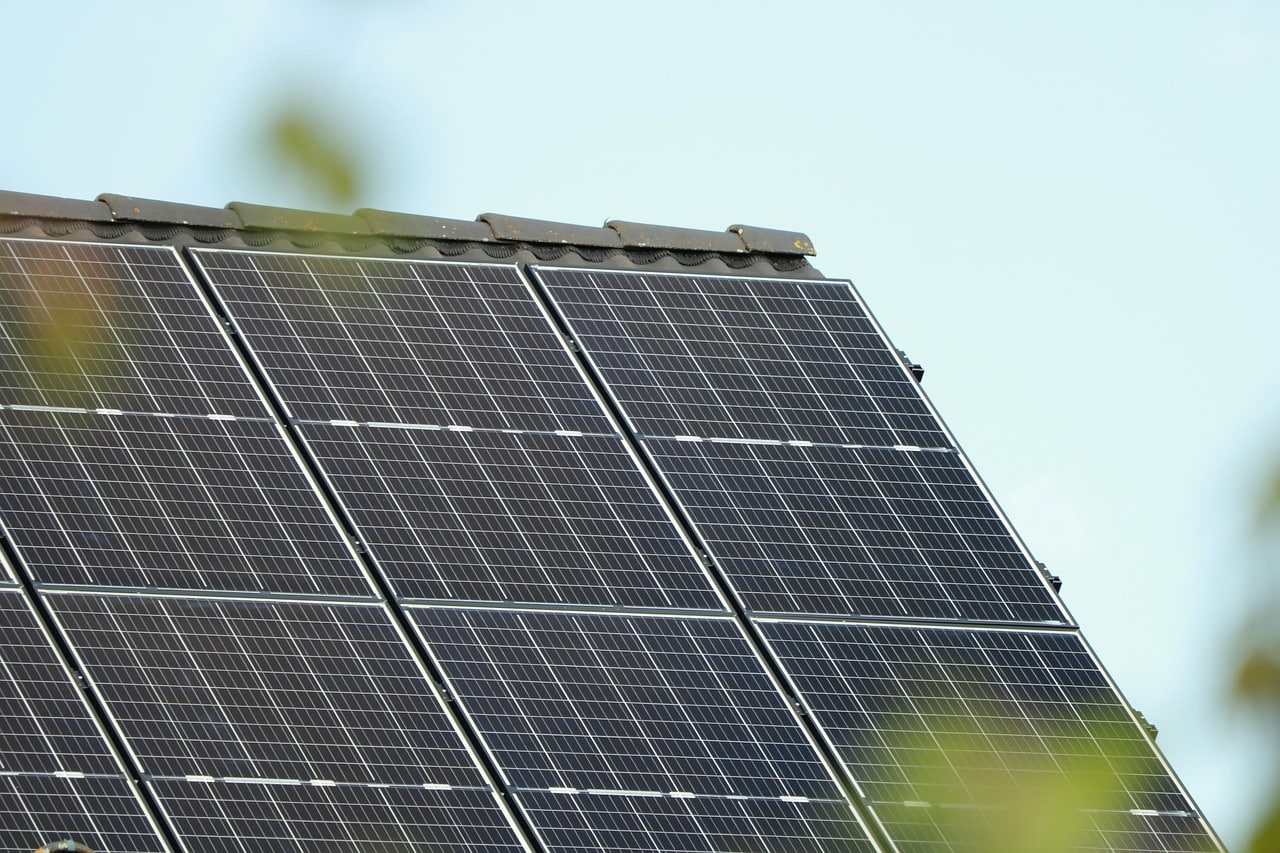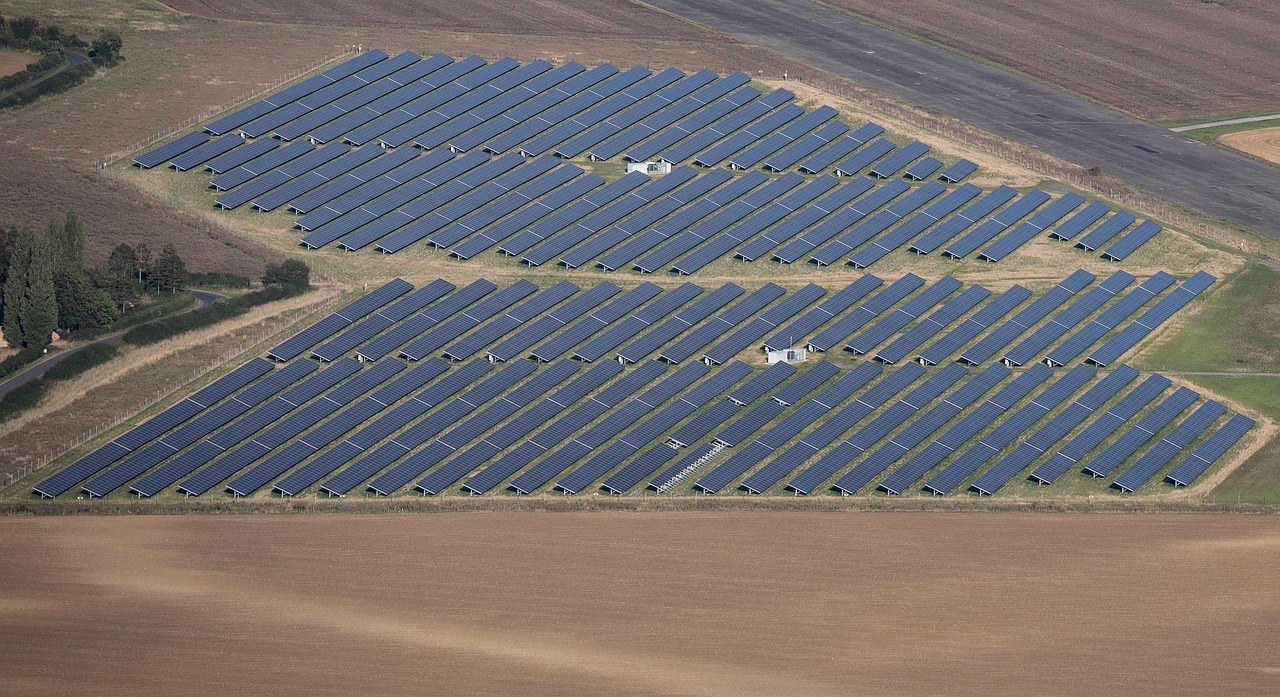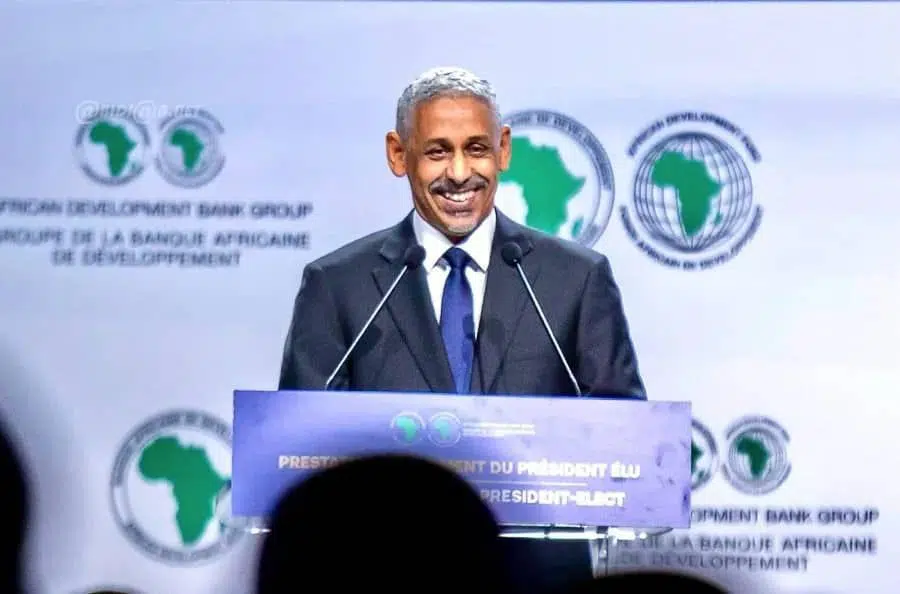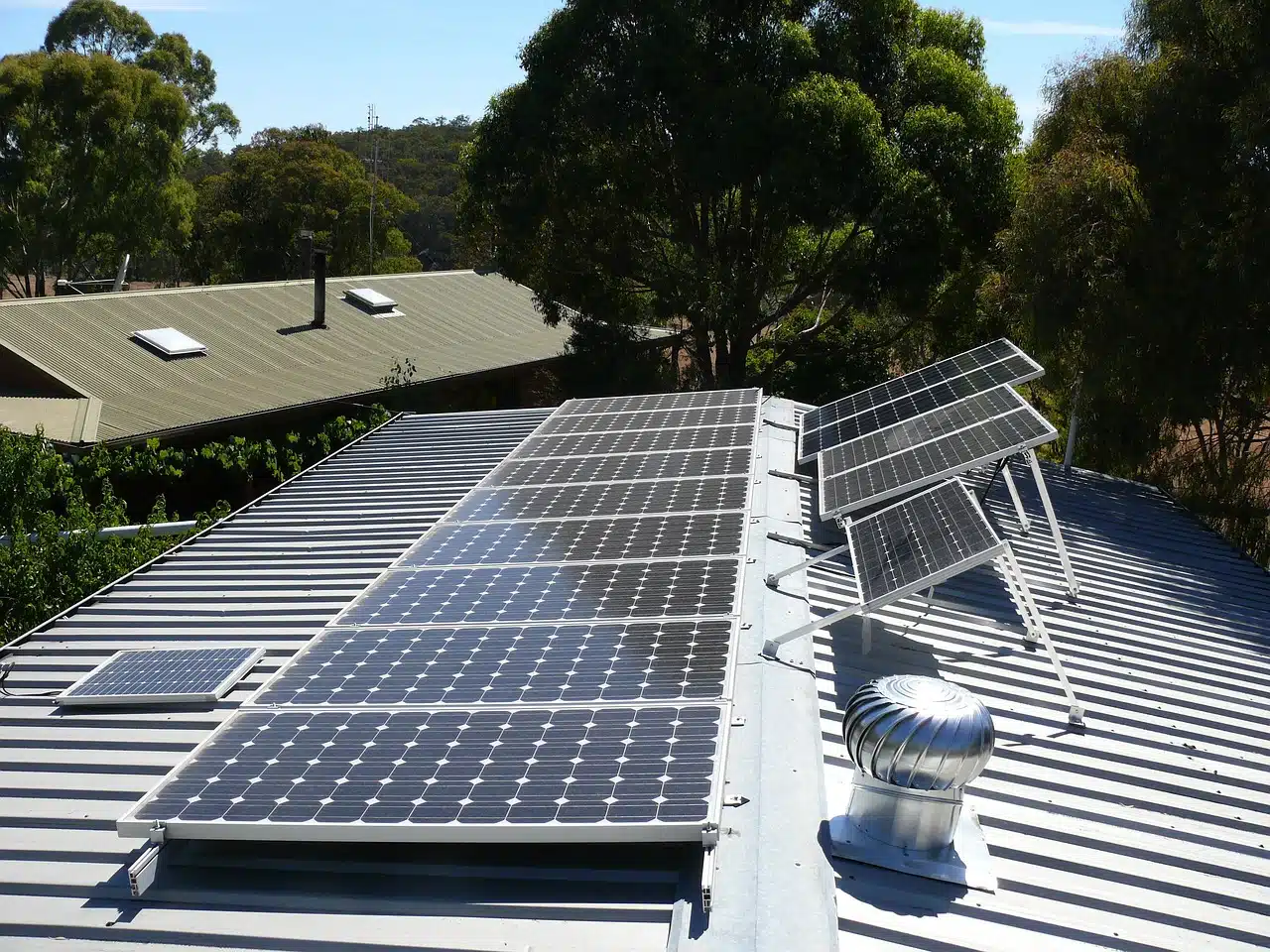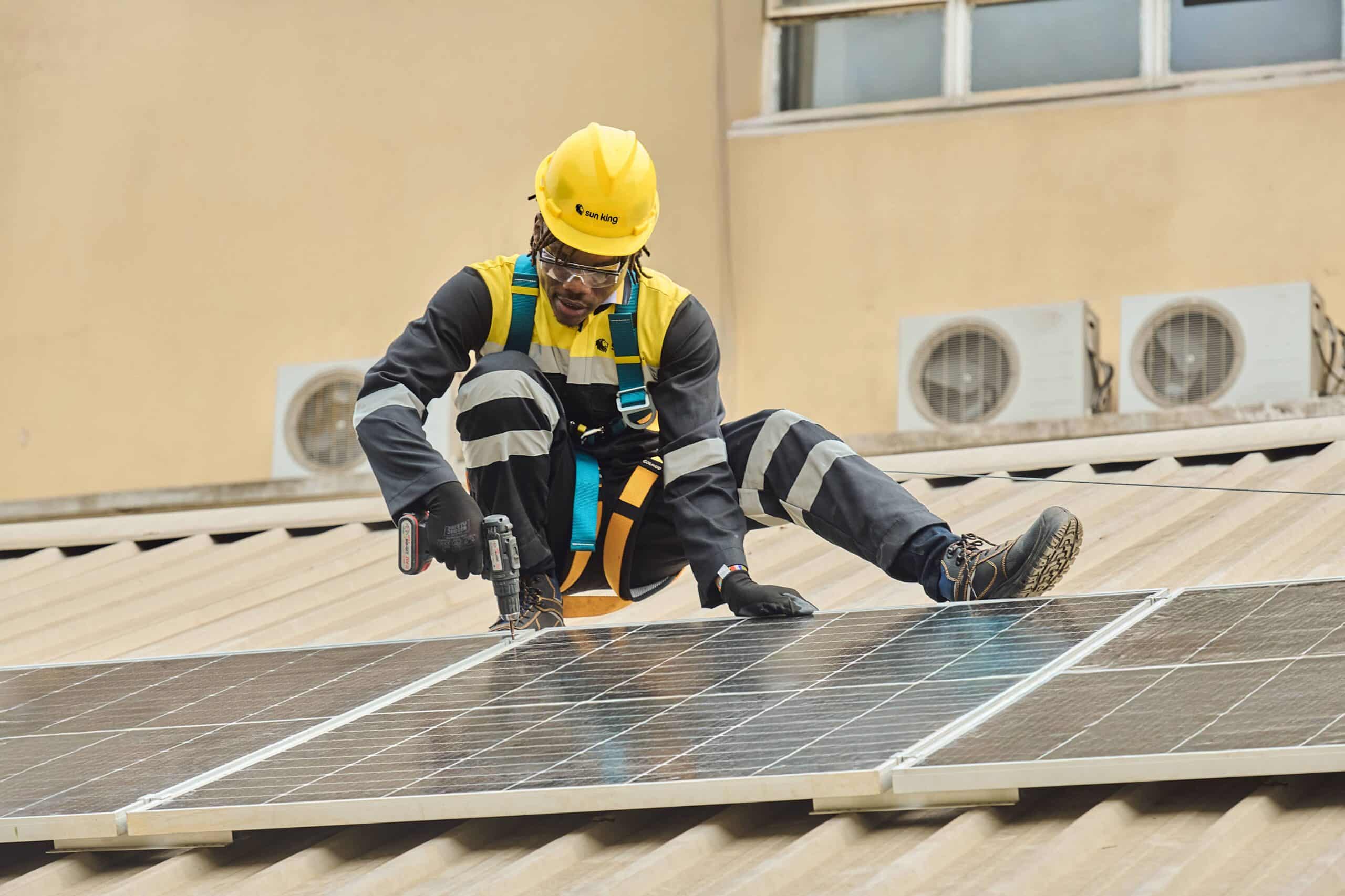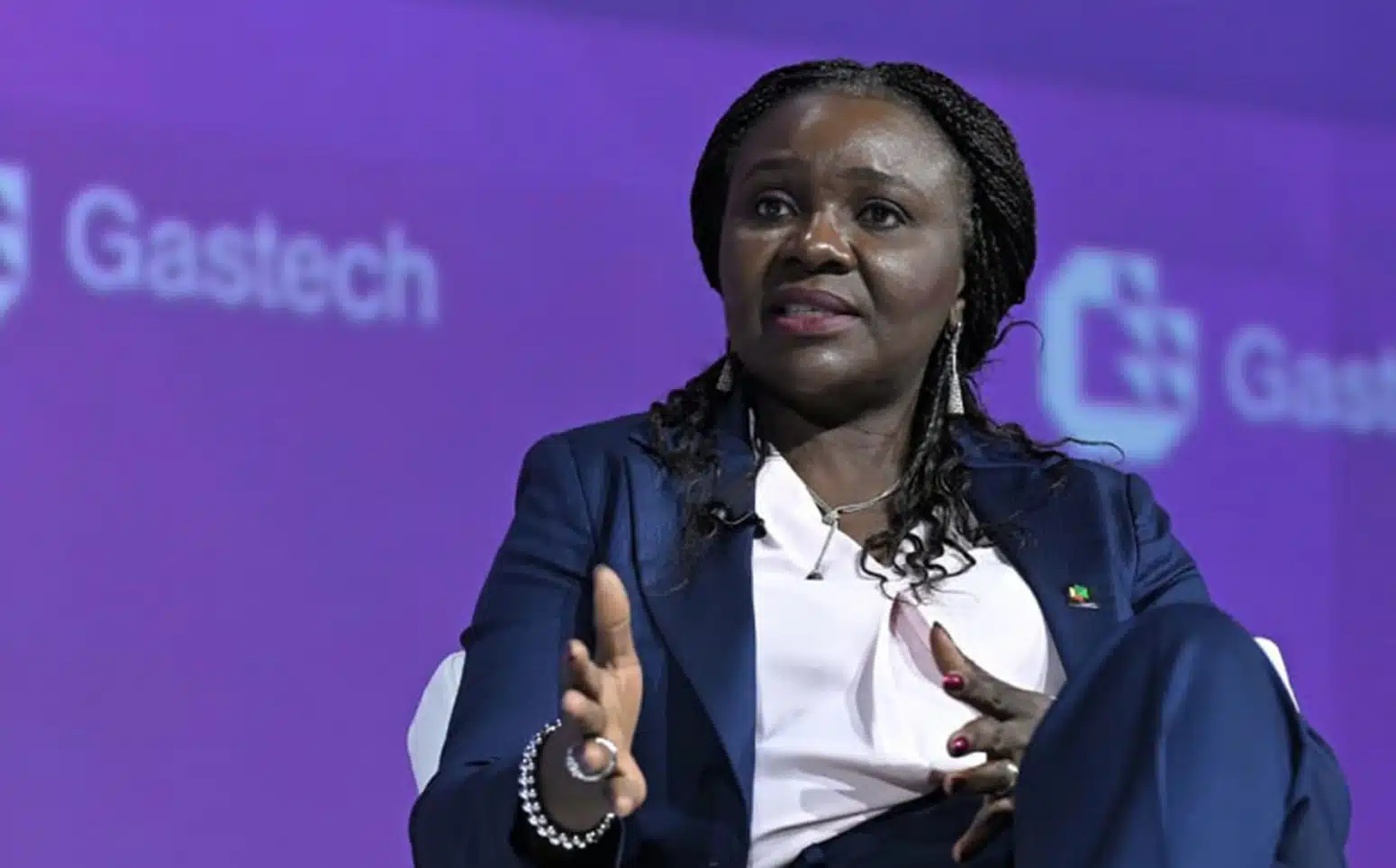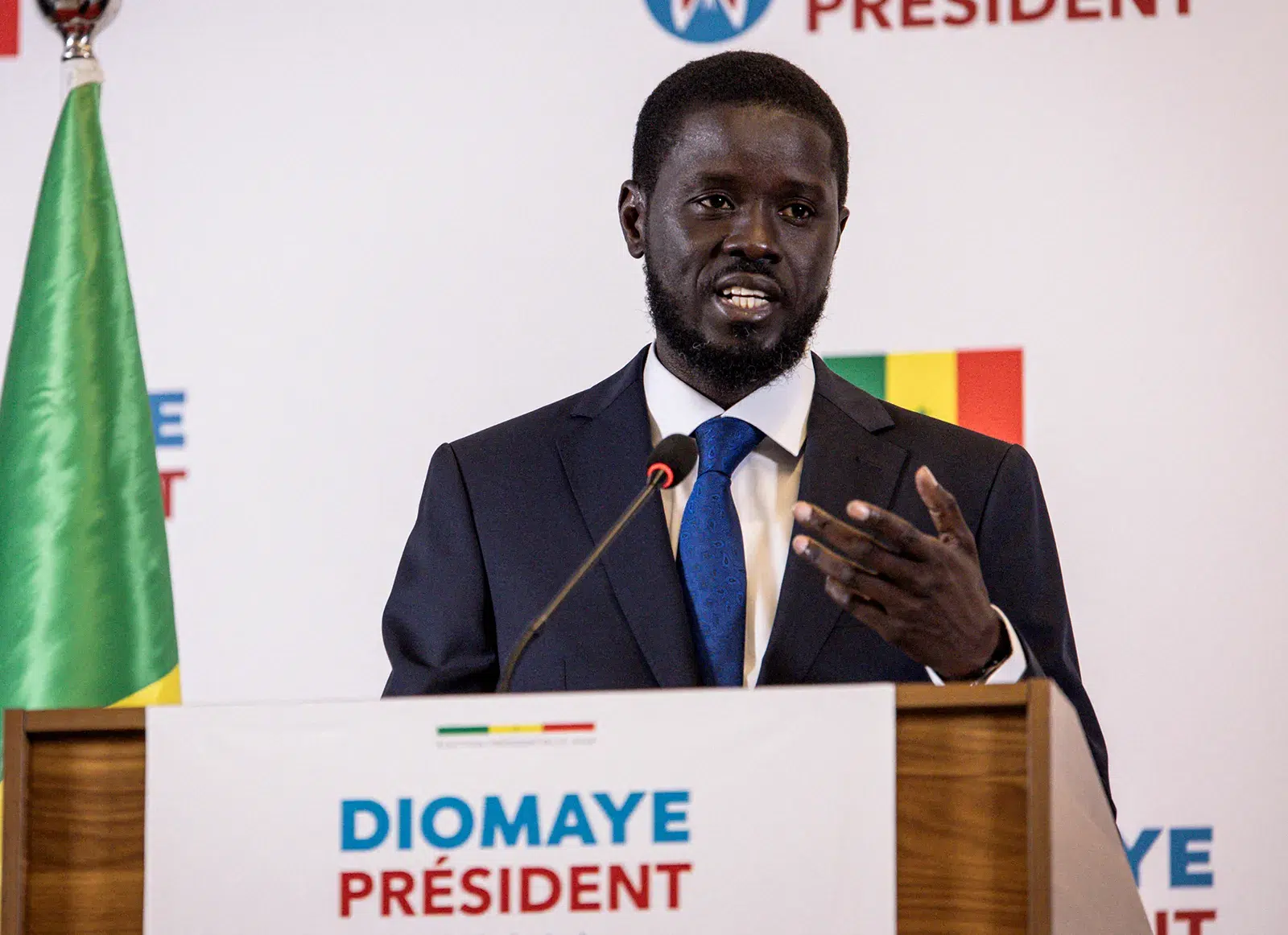Renewable energy firm Sola Group has begun commercial operations at the $163 million Springbok Solar Project in South Africa’s Free State province, marking the largest operational wheeling facility in the country.
With an installed capacity of 195 MW, the project allows multiple corporate buyers to purchase clean electricity directly through South Africa’s grid.
SOLA said the facility, delivered ahead of schedule, represents a major breakthrough for large-scale renewable energy procurement on the continent.
At full capacity, the plant will generate 430 GWh of electricity each year, enough to power around 150,000 homes across South Africa.
It is also expected to offset about 399,000 tonnes of carbon dioxide annually, significantly reducing the country’s overall carbon.
Corporate and financial backing
The project is supported by long-term power purchase agreements (PPAs) with leading corporates.
Amazon Web Services (AWS) serves as the anchor buyer, while Sibanye-Stillwater is the secondary anchor.
Other off-takers include Vodacom, Sasol, Afrimat, Old Mutual South Africa, Redefine Properties, Rio Tinto, and BRM Brands, representing sectors from mining to telecommunications and finance.
Financial backing for the project came from Rand Merchant Bank, Investec, Absa Group, Revego Fund Managers, and Ubuzwe.
SOLA said Amazon’s long-term commitment was crucial in securing financing and accelerating the project’s completion.
The facility establishes a flexible multi-buyer model that allows corporates of varying sizes to procure renewable energy through rolling PPAs and adaptable contracting terms.
Boosting renewable capacity
The Springbok project is the fourth large-scale private wheeling operation commissioned by SOLA Group, bringing its total operational portfolio to 464 MWp of private renewable capacity.
AWS Country Manager for South Africa, James Hickman, said the company’s participation aligns with its goal to achieve net-zero carbon emissions by 2040.
“This collaboration not only advances our sustainability goals but also pioneers new models for corporate renewable procurement in Africa,” he said.
“The multi-buyer approach shows how cloud and sustainability can work together to create scalable energy solutions.”
SOLA noted that the facility will help modernise South Africa’s grid infrastructure and serve as a model for future renewable development across the region.
Background
SOLA’s success with the Springbok project builds on earlier achievements in South Africa’s private energy market.
In 2020, the company secured approval for the country’s largest solar PV wheeling agreement, delivering 28 GWh of clean power annually to Amazon via Eskom’s national grid.
At the time, SOLA’s Executive Director, Chris Haw, said the project was key in demonstrating how renewable energy could be transferred efficiently through Eskom’s network to urban consumers under bilateral PPAs.
The initiative was among the first to receive a generation license from NERSA, paving the way for future large-scale private projects.
Policy and market context
The Springbok project comes amid major reforms in South Africa’s electricity sector, following Eskom’s decision to open the grid to private energy producers.
In August, Eskom launched a Renewable Energy Offtake Programme, allowing commercial and industrial users to secure 291 MW of solar photovoltaic capacity under long-term contracts.
Eskom Group Chief Executive, Dan Marokane, said the initiative aims to build a sustainable and competitive company while addressing South Africa’s persistent load-shedding crisis.
The project offers a pathway for how public infrastructure and private innovation can work together to drive energy security and sustainability.

